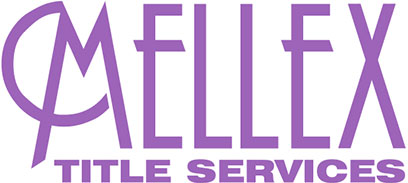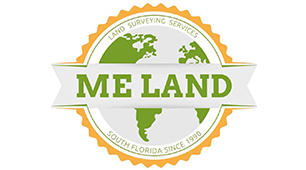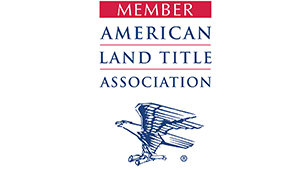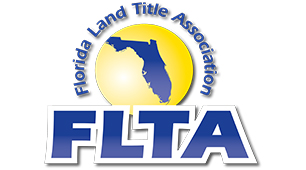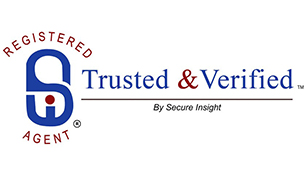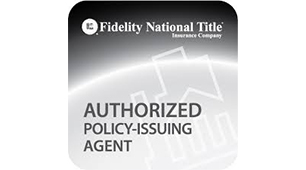CFPB Guidelines
Your Title Goes Here
Your content goes here. Edit or remove this text inline or in the module Content settings. You can also style every aspect of this content in the module Design settings and even apply custom CSS to this text in the module Advanced settings.
Mellex Title’s Commitment To Complying With CFPB Rules and Guidelines
Why The CFPB?
What Is The CFPB?
CFPB Rules and New Lending Procedures
Implementing ALTA best practices
Three ALTA pillars of best practices include as follows:
- Maintain an electronic or hard-copy folder with up-to-date licensing information that is indexed and digitized;
- Implement written procedures and controls for escrow trust accounts, allowing for electronic verification of reconciliation; and
- Adopt and maintain a written privacy and information program to protect non-public personal information (NPPI).
- Adopt and maintain a written privacy and information program to protect non-public personal information (NPPI).
While compliance with these best practices is voluntary, underwriters and title agents who adhere to these high standards demonstrate to consumers that the industry is improving its professionalism. Many responsible title insurance agencies already maintain these kinds of best practices. Nevertheless, the adoption of enhanced best practices, coupled with responsible government oversight, is certainly healthy for both insurers and consumers alike.
Title Agents Must Comply
The CFPB’s bulletin says service providers shouldn’t present unwanted risks to consumers. Steps that service providers need to take include maintaining their proper licensing, making sure escrow accounts are properly controlled and making sure that non-public information, which for title companies could include the loan number or social security number of someone receiving a home loan, stays securely private.
Under the law, even if a title company unintentionally acts outside the complicated law, as reform advocates say several are doing now, the bank holding the mortgage could be penalized.
With the new rules going into effect in next year, banks are now applying extra scrutiny to the title companies they work with and discarding the ones that don’t meet the rigorous compliance standards. Title companies are under tremendous pressure to make sure they’re following the rules. Major banks, including JP Morgan Chase, Wells Fargo and Bank of America, have been scrambling to review the third-party vendors they use.
Additional expenses that title companies are expected to bear include the hiring of compliance attorneys and audit staff and the purchase of tracking software to make sure data aligns with new federal reporting requirements and with the information banks have on file. The American Land Title Association, the leading national association for the title industry, has released a best practices study to help its members prepare for the changes. The study is a good resource for title companies as they seek to comply with federal regulations and keep their relationships with mortgage lenders.
More information on Alta Best Practices click HERE
More information regarding the Consumer Financial Protection Bureau click HERE
Click on the video below to learn more about the CFPB’s rules and guidelines that have been put into to place to protect the consumer during the process of applying for and obtaining a loan for a new home.
